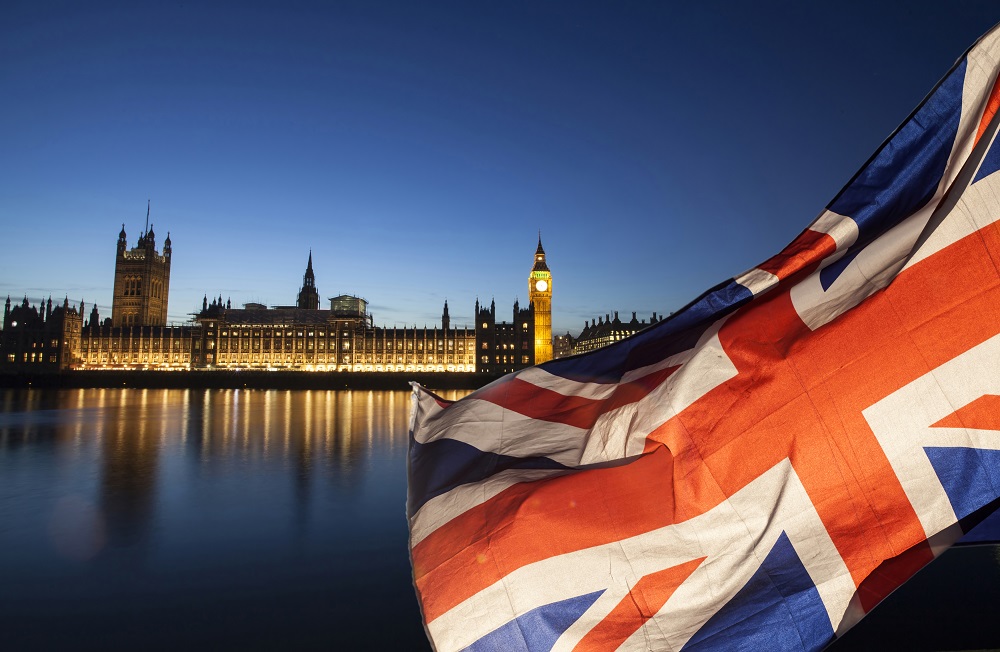Jeremy Hunt serves as Chancellor of the Exchequer. This weekend, the BBC aired interviews with Hunt in which he claimed that people’s tax bills would go up across board. However, he added that they must also reduce expenditure as part of a plan to reduce inflationary pressures.
Warning From the Office for Budget Responsibility
On Monday, there were contradictory reports about these measures’ scope, character, and numbers. According to the Financial Times, the Office for Budget Responsibility issued a warning. It said that there is a £70 billion budget gap that has to be closed.
This according to reports, was primarily the result of rising debt repayment costs. This issue resulted from the confusion brought on by Liz Truss’s vain attempts to decrease taxes. Truss’s replacement at the time of his retirement, Rishi Sunak, has thrown these away.
According to several sources, Chancellor Hunt will try to fill the fiscal deficit through tax and expenditure changes totaling around £55 billion. These solutions may include fixing tax thresholds at current levels to bridge the financial gap rather than allowing them to increase with inflation.
Additionally, across several industries, the freezing of departmental spending is entirely possible. This issue portends further unrest among public sector personnel in the coming years.
For example, Royal College of Nursing members first struck for the first time to demand greater pay. The Royal College of Nursing represents the National Health Service in the U.K.
Fiscal Policy Will Continue to Tighten
The £12.300 annual tax-free threshold on capital gains will be cut in half, according to the Financial Times. Bloomberg, which also cited the £55 billion number, claims that tax measures would make up 40% of the total and expenditure cutbacks will make up 60%.
Fiscal policy will inevitably tighten. Several years’ worth of unusual (borrowed money) efforts to support the economy during the epidemic are to blame for this. This is also a result of a time of slower growth brought on by the U.K.’s exit from the E.U.
The CBI is led by Tony Danker, who serves as chairman. According to Danker, the administration is still concentrated on repealing E.U. regulations rather than focusing on what is inhibiting development. The Financial Times made this clear in their reporting. Market reactions to Hunt’s remarks on Monday morning were seen in the U.K. There was some indifference and apathy.
The Pound price fell by 0.1% to $1.1809 at 4:00 E.T. (09:00 GMT). The initial increase in the benchmark 10-year gilt yield was stopped and now stands at 3.36%. The United Kingdom’s midcap-focused FTSE 250 index saw a 0.4% drop. It increased to more than 4.60% in October due to worries over Truss’s intentions.

